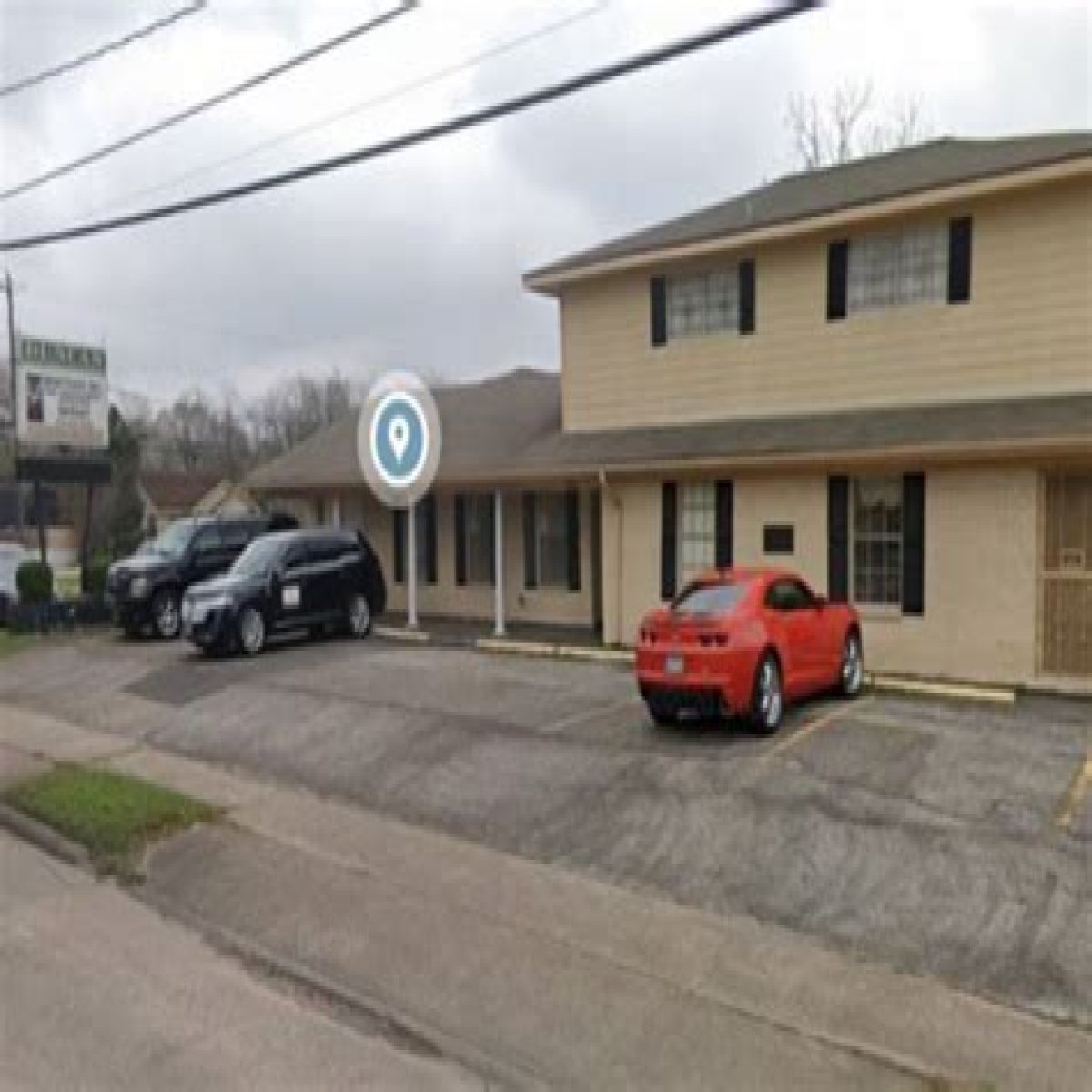If you can’t find a price survey, look online or in the phone book for funeral home listings. Call five or six and get their prices for your chosen arrangement; perhaps ask about casket and urn prices as well. If a particular funeral director seems uncooperative, cross him off your list. Do the costs fit within your budget? If not, you may have to consider a more affordable type of arrangement, look beyond your immediate area for lower prices, or eliminate extra expenses like embalming or visitation.
Planning a funeral or memorial service is a highly personal process, and your decisions will be shaped by your life experiences, your relationship to the deceased, what the deceased wanted or what you desire for yourself after you die, what you can afford, and a myriad of other factors. There are several reasons to plan a funeral in advance, but here are the decisions you will generally need to make.
After determining the above, the next step is to research your service and provider options. If death has already occurred, you can contact a local funeral home, cremation provider or cemetery. Your chosen provider can help you arrange the funeral, memorial and/or interment service you desire; provide information about your various product and service options; explain the costs involved for merchandise, services, and other professional fees; and help you create an obituary or death notice and obtain official death certificates.
In addition, it is possible to formally arrange your services in advance with a provider and then pay in advance, whether all at once or through installments. There are many reasons why people enter into these "preneed" arrangements, including removing the burden of making difficult decisions once death occurs; to prevent financial hardship on survivors, or to spend down their assets in order to qualify for certain federal benefits.
Traditionally, people send funeral flowers or sympathy flowers as a sign of support and to express their condolences. For the past several decades, however, families have also used the phrase "In lieu of flowers..." in death notices and obituaries to suggest their preference for funeral memorial donations instead of, or in addition to, flowers. Thus, you should decide if attendees may send flowers, if you'd rather they donate to a chosen charitable organization or cause in memory of the deceased, or if either form of expression is appropriate.
This article was co-authored by David I. Jacobson. David I. Jacobson is the founder of Chicago Jewish Funerals, an independent Jewish owned funeral provider that evolved into two funeral homes in the Chicagoland area. With over 30 years of experience serving families, David is a leading expert on Kavod Hamet, the Jewish traditions of honoring and respecting the dead. David is an active funeral director that serves people planning and in need of funerals, lecturing to congregations, community groups, and schools extensively about the values of the Jewish funeral as well as the dying process and the value of one’s legacy. This article has been viewed 7,402 times.
In a nutshell, this normally involves the deceased being taken into the care of a funeral director, the funeral director making necessary arrangements with relevant authorities, providing a hearse and limousine on the day of the funeral and transporting the deceased and their family, in black, to the place of the funeral, where a religious minister would oversee proceedings.
For example, you can arrange a "traditional" funeral service that includes a wake/visitation beforehand with the embalmed body in an open casket even if you desire cremation of the deceased as the form of final disposition. Likewise, some families choose to cremate the unembalmed deceased without a service beforehand but hold a memorial service afterward with or without the inurned remains present.
For example, you can arrange a "traditional" funeral service that includes a wake/visitation beforehand with the embalmed body in an open casket even if you desire cremation of the deceased as the form of final disposition. Likewise, some families choose to cremate the unembalmed deceased without a service beforehand but hold a memorial service afterward with or without the inurned remains present.
When comparing prices, calculate the total cost of all the items. Although funeral homes may offer packages that cost less than buying individual items or services, you may not need all the services. Consider the wishes of the deceased, your budget and input from relatives and friends. The amount that you spend isn’t tied to the love you had for the deceased. Going into debt isn’t advisable.
Thanks for the tip about considering if you want a funeral home to be close to your home, place of worship, or cemetery. Any one of these things would probably really help make planning a funeral much easier. My mom is getting older and starting to plan her funeral arrangements. When she decides to choose a funeral home, she’ll have to consider the convenience of the location as well.
